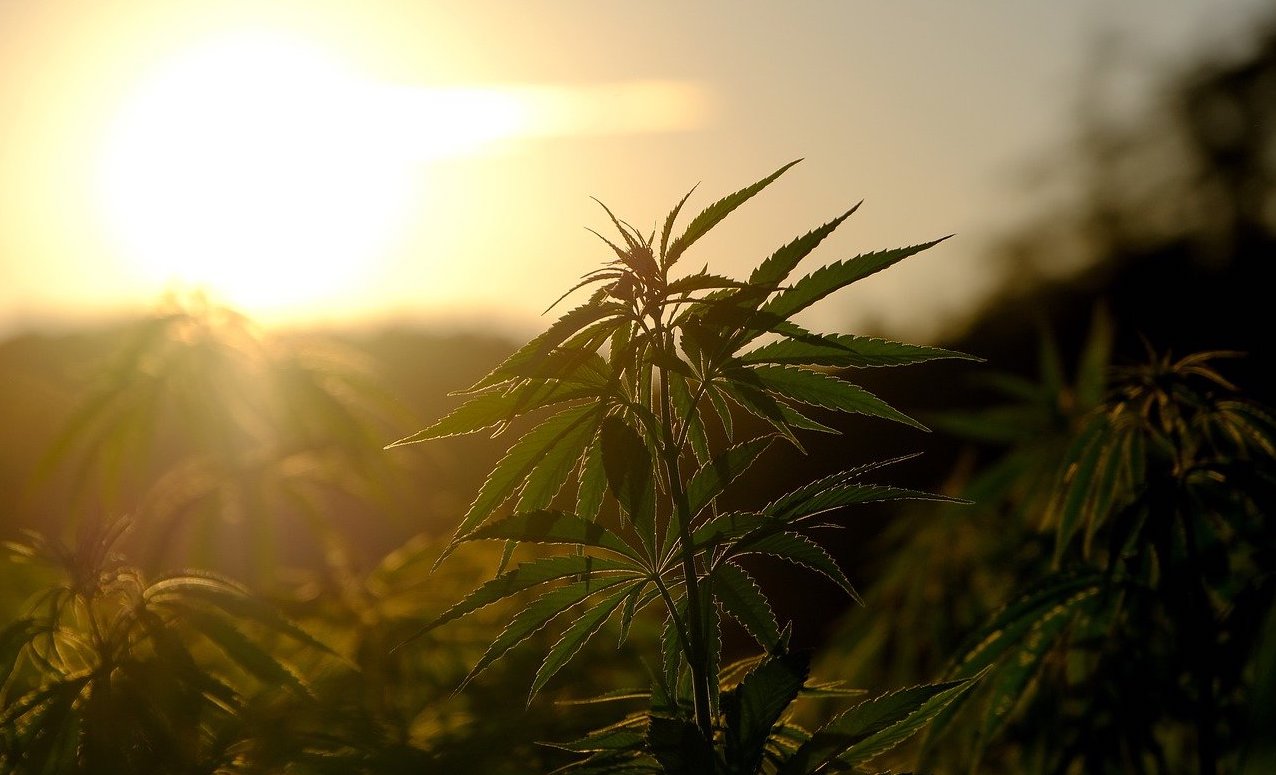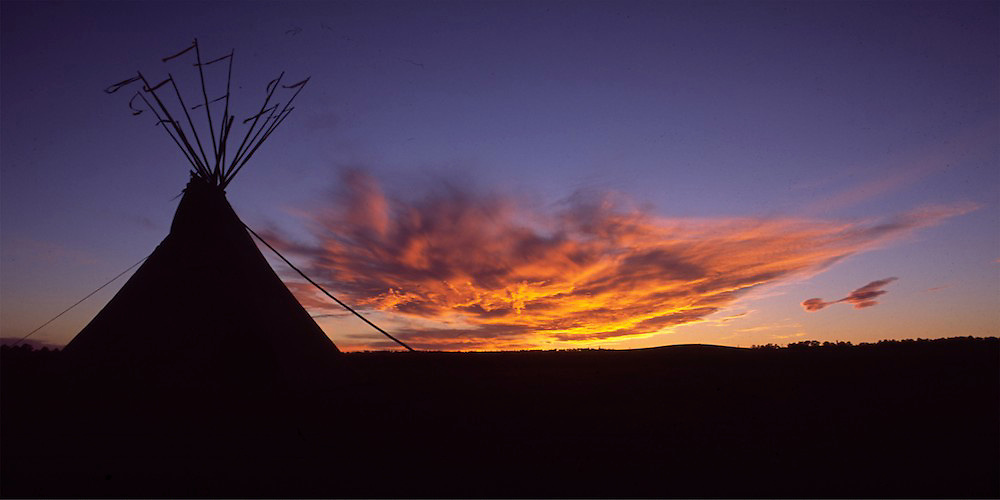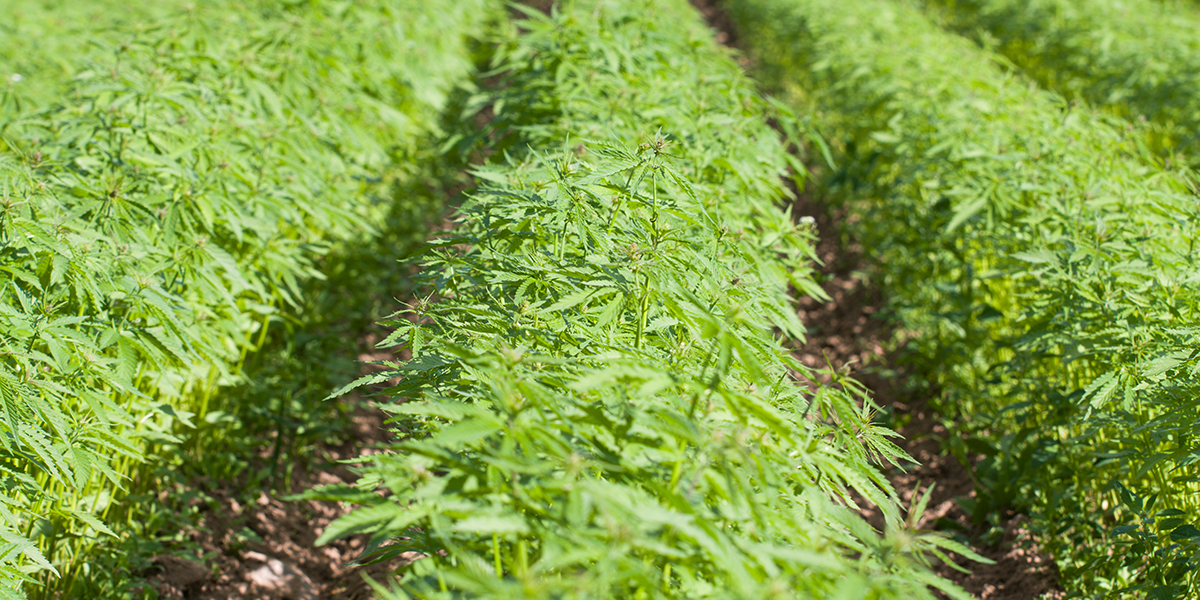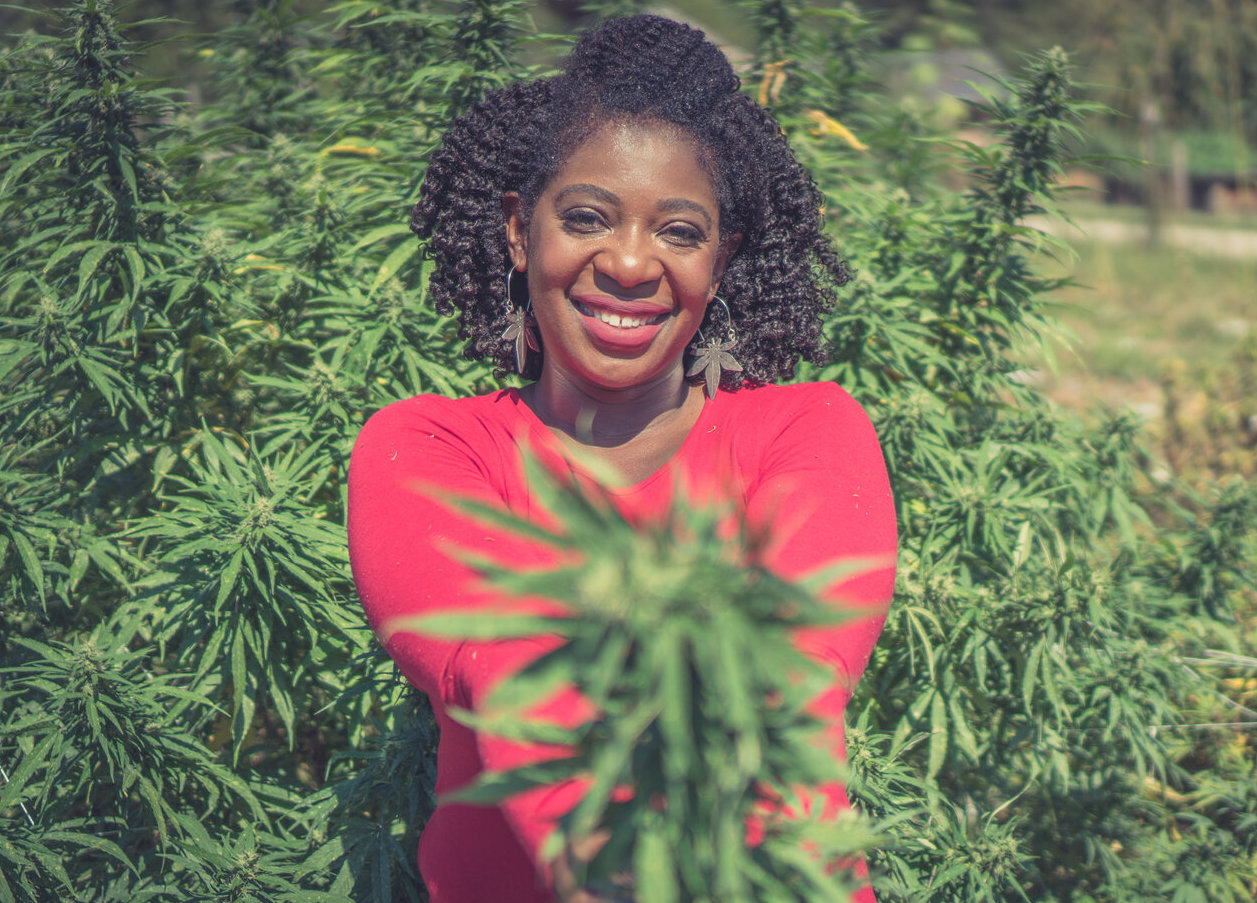 What will Biden’s Agriculture Department Mean for Small Farmers and Hemp?
What will Biden’s Agriculture Department Mean for Small Farmers and Hemp?Progressives coast to coast breathed a heavy sigh of relief as Joe Biden took the oath of office, ending the turbulent and reactionary rule of Donald Trump over the past four years.
But hemp cultivation, like the rewriting and replacement of NAFTA, was one of the few areas that actually saw positive change in the Trump years—with bipartisan support. The 2018 Farm Bill that re-legalized the crop after generations of prohibition bore Trump’s signature.
And there are fears that Biden could mean a return to the Washington consensus of a corporate-friendly “free trade” status quo ante, shorn even of the limited populist measures of the Trump era.
For small farmers, including some hemp cultivators, Biden’s choice to lead the US Department of Agriculture (USDA) may provide a case in point.

 The year 2020's record-breaking wildfires in California and other Western states have compounded the grim impacts of the COVID-19 pandemic—and have similarly been politicized. Thus far, the blow they have dealt to the burgeoning cannabis industry has been well weathered. But this will clearly pose a growing challenge in the years to come—as those parts of the country where legal cannabis cultivation is most advanced are also the most vulnerable to this devastating sign of ecological disequilibrium.
The year 2020's record-breaking wildfires in California and other Western states have compounded the grim impacts of the COVID-19 pandemic—and have similarly been politicized. Thus far, the blow they have dealt to the burgeoning cannabis industry has been well weathered. But this will clearly pose a growing challenge in the years to come—as those parts of the country where legal cannabis cultivation is most advanced are also the most vulnerable to this devastating sign of ecological disequilibrium. The original peoples of what is now the United States were left in legal limbo in the wake of the 2018 Farm Bill, which made hemp cultivation again lawful. Federally recognized Native American tribes could not cultivate under state regulation, because the states have limited jurisdiction on their reservations. But the US Agriculture Department dragged its heels in issuing federal regs that could apply on these lands. Caught between two sovereigns, many farmers in Indian country are asserting their right to cultivate hemp under the un-extinguished sovereignty of their own Native nations.
The original peoples of what is now the United States were left in legal limbo in the wake of the 2018 Farm Bill, which made hemp cultivation again lawful. Federally recognized Native American tribes could not cultivate under state regulation, because the states have limited jurisdiction on their reservations. But the US Agriculture Department dragged its heels in issuing federal regs that could apply on these lands. Caught between two sovereigns, many farmers in Indian country are asserting their right to cultivate hemp under the un-extinguished sovereignty of their own Native nations. In the near future, the CBD, THC or other cannabinoids you consume in edibles or medications may not be derived from cannabis at all, but grown in a laboratory.
In the near future, the CBD, THC or other cannabinoids you consume in edibles or medications may not be derived from cannabis at all, but grown in a laboratory. CBD products are now everywhere—health-food emporia, pharmacies, truck-stops. And pursuant to the 2018 Farm Bill, they are now legal—as long as the CBD is derived from “hemp” as opposed to what has traditionally been called “marijuana.” Hemp, as legally defined, is cannabis with under 0.3% THC—the psychoactive component of the plant, responsible for the long-stigmatized “high.”
CBD products are now everywhere—health-food emporia, pharmacies, truck-stops. And pursuant to the 2018 Farm Bill, they are now legal—as long as the CBD is derived from “hemp” as opposed to what has traditionally been called “marijuana.” Hemp, as legally defined, is cannabis with under 0.3% THC—the psychoactive component of the plant, responsible for the long-stigmatized “high.” The autumn of 2019 saw the United States' first hemp harvest since effective prohibition of the crop under the strictures of the Marihuana Tax Act in 1937. These strictures were overturned in the Farm Bill signed into law by President Trump in the closing days of 2018. This harvest was looked to eagerly across much of rural America, as legal hemp had been plugged as a salvation for the nation's struggling farmers—and the soaring popularity of CBD appeared to provide a booming market. The fashionable cannabinoid had also been legalized by the 2018 Farm Bill—when derived from hemp, or cannabis with less than 0.3% THC.
The autumn of 2019 saw the United States' first hemp harvest since effective prohibition of the crop under the strictures of the Marihuana Tax Act in 1937. These strictures were overturned in the Farm Bill signed into law by President Trump in the closing days of 2018. This harvest was looked to eagerly across much of rural America, as legal hemp had been plugged as a salvation for the nation's struggling farmers—and the soaring popularity of CBD appeared to provide a booming market. The fashionable cannabinoid had also been legalized by the 2018 Farm Bill—when derived from hemp, or cannabis with less than 0.3% THC. Hemp’s Curious Cultural Trajectory
Hemp’s Curious Cultural Trajectory  Can Rural America's Expropriated Use a New Crop to Forge a New Agrarianism?
Can Rural America's Expropriated Use a New Crop to Forge a New Agrarianism? 





Recent comments
2 weeks 6 days ago
2 weeks 6 days ago
6 weeks 5 hours ago
6 weeks 6 days ago
10 weeks 6 days ago
14 weeks 5 days ago
18 weeks 5 days ago
19 weeks 3 days ago
29 weeks 3 days ago
33 weeks 4 days ago